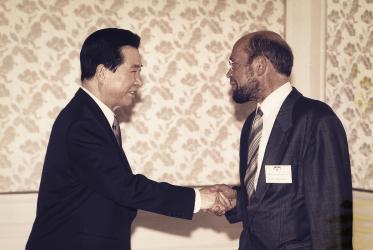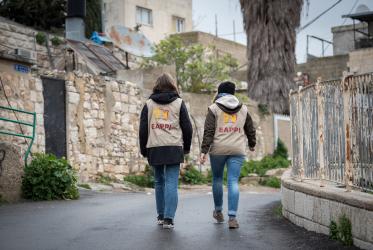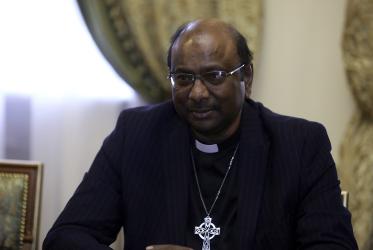Mostrando 1 - 20 de 124
28 Marzo 2024
What can churches do to prevent modern slavery?
22 Febrero 2024
Faith in action: a Methodist leader's quest to transform Korean history
21 Diciembre 2023
Ellyanne Chlystun-Githae Wanjiku to COP28: “listen more to children”
13 Diciembre 2023
“Quieren vivir sin miedo ni acoso constante”
31 Octubre 2023
“La ocupación no puede durar para siempre”
30 Octubre 2023
A Guide for Churches on the Prevention of Obstetric Fistula
26 Octubre 2023
“The occupation can’t last forever”
25 Octubre 2023
“They want to live without fear and constant harassment”
25 Octubre 2023
Kids Feel Safe Going to School when EAs are Present
23 Octubre 2023
En Armenia, el secretario general de CMI aboga por la paz
28 Septiembre 2023













